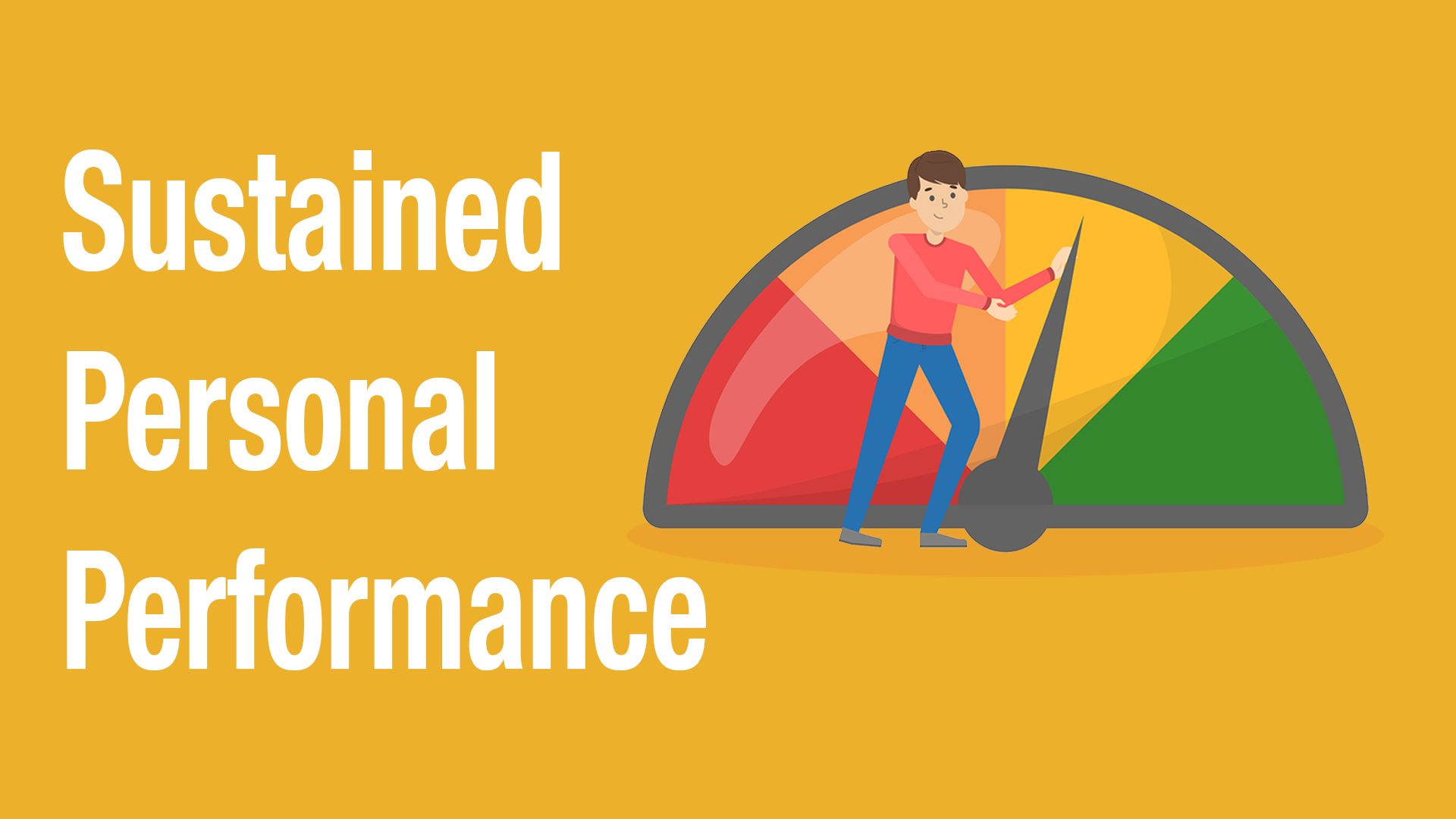
Subject Matter Expertise
I offer training and consultancy on a wide range of subjects such as, Advanced Presentation Delivery, Internal Communications, Public Speaking, Basic Project Management, Strategic Execution, Trust In The Workplace, Time Management (actually self-management) and Personal Effectiveness. However, I specialise in a few main areas, which you will find described below:
“Having too many priorities is just as damaging to performance as having none at all.”
Disciplined Continuous Execution (dcX)
Business execution (or strategic execution as it is sometimes known) is all about our ability to consistently get the right things done - especially under pressure. Most people struggle to achieve this, not because they are lazy or stupid, but because they are trying to do too many things at the same time.
The organisations and companies they are working for make the problem a lot worse by forcing them to try and prioritise between too many goals, objectives and KPI’s. Having too many priorities is just as damaging to performance as having none at all. Add to that the distraction of phone calls, emails, instant messages and meetings and it is easy to see why so many people spend so much of their time feeling so impotent and frustrated.
dcX is a new way of thinking, combined with some simple strategies and techniques, which is designed to help people become much more effective. It does this by helping them focus on a a very small number of priorities (preferably just one), which allows them to concentrate their best efforts on things which really matter rather than squandering them on a mass of unclear objectives.
The essence of this approach can be summarised in three words:
Focus
Knowing the few goals that are genuinely vital to your part of the business will unleash your best performance and enable you to maintain it over time.
Predict
The key to succeeding against your vital goals is to discover the routines and behavioural loops that predict that success and then to ruthlessly target your energy and resources onto those “predictive activities”.
Commit
Committing to tasks that are connected to your predictive activities, in front of your peers, triggers the “Band of Brothers/sisters” effect - a powerful form of mutual accountability. This combination of commitment and accountability is extremely powerful and will keep us motivated long after the traditional “carrot and stick” approach has failed.
“Training without coaching is like a sports car without wheels.”
Coaching
Training without coaching is like a sports car without wheels. Of course training can play a valuable role in helping people achieve better results but, on its own, it is almost completely pointless. Given the vast amounts of money that companies spend on training every year, this is a serious issue.
It’s not that people don’t want to change. It’s just that their determination to optimise the way they work rarely survives their first few days back in the office. The inertia of their old way of working is just so great that, however hard they try, they don’t achieve the momentum they need to maintain their motivation.
Having a coach walking alongside them as they make this journey can make all the difference. Having someone to help them make sense of their inevitable mistakes and learn to understand themselves as they try to put their new learnings into practice can make a huge difference to the return on investment into training.
Quite apart from training, most people at most levels in any organisation will benefit from being coached. often people have a general sense of what is not working for them, or where they want to improve but, until they are helped to see those issues clearly, it is very difficult to make any progress on them.
Bringing those issues into the open, helped by someone who holds no power over their career or future, is a liberating and empowering experience that benefits both the person being coached and the organisation they work for.
There are many different approaches to coaching and mine is a very informal, conversational style. I do not rely on complicated formulas or frameworks. Instead, I am guided by the coachee, working at their pace and focussing on the issues that they feel are of greatest importance or value.
My combination of empathic listening, practical insight, humour and straight talking has proven extremely effective.
“It is not what you can do on your best day that counts. It is what you can do every day that matters.”
Sustained Personal Performance
If you are looking to build an effective and sustainable career then it is not what you can do on your best day that counts. It is what you can do every day, that matters.
In many ways, the workplace today is the most exciting, rewarding and accessible it has ever been. But, at the same time, pressure, distraction and stress are at an all-time high too. So, maintaining a consistently high level of performance without damaging our health, relationships or motivation is a huge challenge.
It is possible, though, but only if we understand the underlying principles that control human performance and build them into the way we live and work. Some of these principles are common sense and easy to see but others are not quite so obvious. Whether we understand these principles or not, they are still affecting us and shaping the outcomes we are getting. They are like like gravity: We can ignore them if we choose but they will never ignore us.
Increasing numbers of people are finding that the way they are approaching their work is just not sustainable because they are ignoring so many of these principles. The cost, both to them and their employers, is extremely high.
Work-Life balance features in almost every company handbook I have ever seen but very few people take it seriously, mostly because they simply don’t know how to achieve it. There are many different ways of finding balance and there are no fixed rules as to what is right and wrong. Instead, we can each find our own balance based on flexible principles.
Sustained Personal Performance is an approach to life and work that is carefully built on proven principles and enables individuals and organisations to operate in a sustainable and mutually-beneficial way.
“Running your business, just by issuing goals, KPI's and objectives, is like asking your people to assemble a roomful of IKEA furniture without an instruction booklet.”
Compelling Vision
People will commit surprising amounts of their time, money and effort to your project, IF they buy into the vision of the future you are offering them. Just look at the billboards outside a new housing development or the TV adverts for a new car. They rarely speak of the features of the product. Instead, they speak of the quality of life they can enable.
The retail sector has understood the power of a compelling vision for decades but many other sectors still seem to believe that this only applies to their customers - not their employees.
Trying to lead or manage a business, simply by issuing goals, KPI’s and objectives is like asking your people to assemble a roomful of IKEA furniture without an instruction booklet. It is technically possible but letting them see what the finished product should look like allows them to optimise their behaviour, problem solve and innovate.
Crafting and communicating your vision for your organisation (or part of it) is a key leadership skill. Bullet points are better than nothing but it is far more effective if you can paint a vibrant and meaningful picture of what it would look like if your team/Division/Organisation were to achieve its primary goals with excellence.
Clarity is the key to successful vision-casting. Clarity of thought and clarity of communication can make the difference between a vague sense of purpose and a compelling picture that will galvanise people to volunteer their best efforts, passion and commitment.




